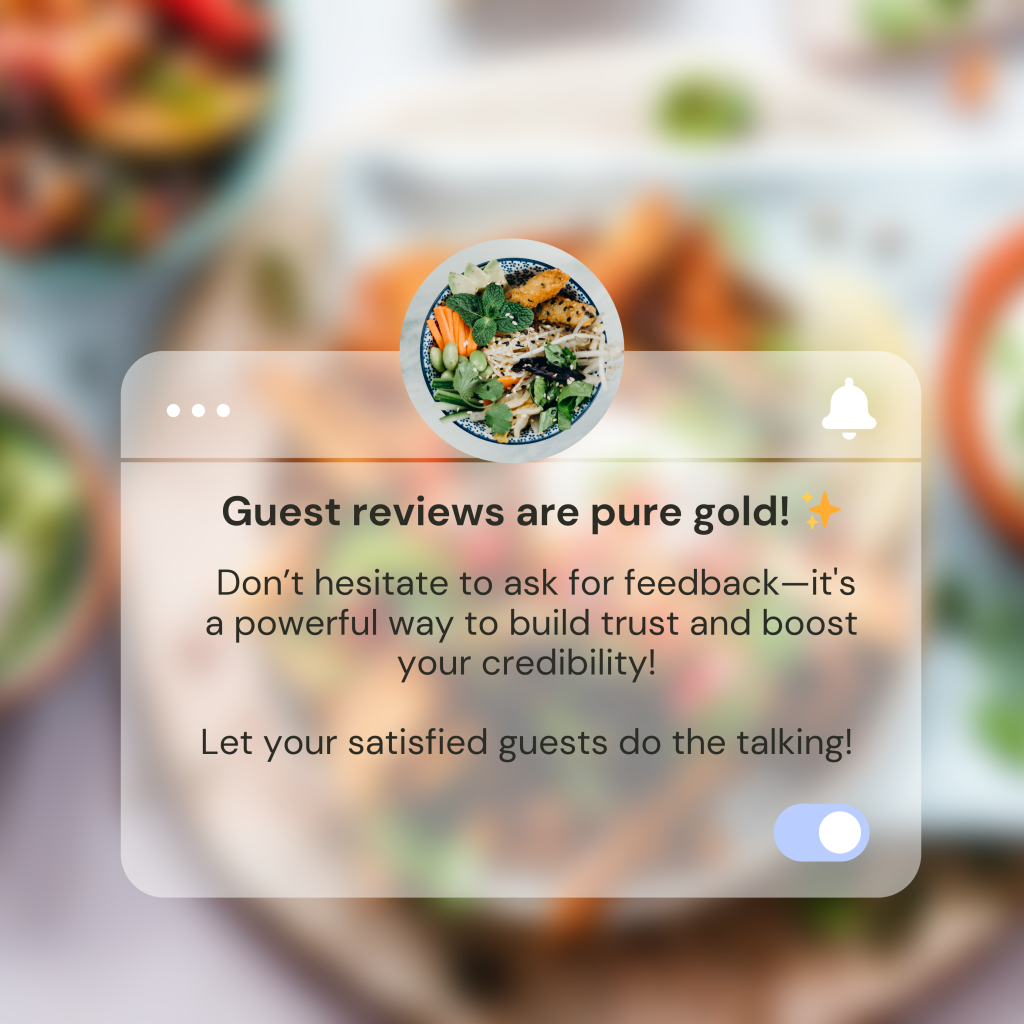Search Engine Optimisation is part of inbound marketing campaigns that increase brand visibility on search results. Put simply, if you want your hospitality business on the first page of Google and seen by your target audience, implementing the latest SEO practices is a must.
SEO for Hospitality: Why is it important & Where do you begin?
As an experienced SEO team, we recommend having a specialist take care of your SEO efforts. It can be an SEO freelancer, an SEO company or ideally if you have the marketing budget for it, hiring an in-house SEO expert can be highly beneficial for your overall marketing success.
Working with an SEO specialist ensures your strategy is finely tuned, maximising hospitality keyword visibility, driving relevant traffic, and ultimately, increasing conversions for long-term business growth.
The hospitality Industry in the UK is highly competitive – you don’t need us to tell you that though, do you? – so having the right marketing team and access to advanced marketing tools and up-to-date audience insights can ensure your business stays relevant and visible online.
With the right SEO strategy in place, you can stand out from the competition and ensure your brand continues to thrive online.
Achieving SEO success is one of the most powerful strategies to ensure a steady stream of long-term website traffic that actively engages with your content, reaches out for your products or services, and drives increased profits.
By optimising your site for search engines, you not only attract more visitors but also convert them into loyal customers, boosting your business growth and revenue for the long haul.
Hospitality SEO Marketing: How do I know I’m ready to implement SEO strategies?
Without a doubt, if you are a business owner in the hospitality industry or a marketer for a relevant business, you want to see your website rank on top of search results.
However, before you start making any changes that you see online and hope it gives you the desired results, here’s our simple checklist for any UK hospitality business:
Hospitality SEO: Website is Accessible and Functional
-
- Domain and Hosting: Is the website live with a functioning domain and reliable hosting?
-
- No Critical Errors: Is the website free from major errors (e.g., server errors, broken pages)?
-
- HTTPS (SSL Certificate): Is the website secure with HTTPS (to ensure security and trust)?
- Basic Navigation: Is there a basic, easy-to-use site navigation/menu.
If the answer to the above is yes, an SEO specialist can start optimising your website right away, ensuring it’s search-engine-friendly from the get-go. However, if some of these areas don’t apply to your situation, it may be time to consult a technical SEO expert.
Feel free to send us a quick message for a free audit here – or you can reach out to the website developer team that originally built your site for further support.
SEO Best Practices for hospitality business
What are some essential SEO tips that can improve a business presence in Google results?
Focus on Local SEO Optimisation
-
- Google My Business (GMB): Claim and optimise your Google My Business listing and ensure your NAP (Name, Address, Phone Number) is consistent across all platforms, and use GMB posts to share updates, offers, and events. Don’t forget to reply to customers’ questions or recent reviews – here’s our guide on how to give the best responses on Google reviews!
-
- Location-Specific Keywords: Incorporate city and region-specific keywords (e.g., “best London hotel”) into your meta tags, headings, and content. Travellers often search by location, so this is crucial.
-
- Citations & Local Listings: Ensure your business is listed on local directories like Yelp, TripAdvisor, and other niche travel/hospitality platforms. Backlinks from local sources also significantly improve credibility with search engines.
Create High-Quality, Engaging Website Content
-
- Keyword-Rich Blog Posts: Create blog posts about topics that your potential guests are searching for, like “Top attractions near [Your Hotel]” or “How to plan the perfect destination wedding at [Your Resort].” Include long-tail keywords that match specific search intents.
-
- User-Generated Content: Encourage guests to leave reviews and share their experiences online. Google favours businesses with strong reviews, and user-generated content helps with rankings.
Optimise for Mobile
-
- Mobile-First Indexing: With most users booking travel on their phones, Google prioritises mobile-friendly hospitality websites. You want to make sure your site loads quickly, is responsive and accessible to all users and offers a smooth user journey. Extra SEO tip: Accelerated Mobile Pages (AMP) load much faster and improve the mobile experience!
-
- Optimise On-Page SEO Elements, such as headings and image descriptions
-
- Title Tags & Meta Descriptions: Include primary and secondary keywords in your title tags and meta descriptions
Leverage Long-Tail Keywords for user-intent alignment
-
- Specific Search Intent: Target long-tail keywords that reflect specific user queries, such as “pet-friendly boutique hotels in London” or “eco-friendly luxury resorts near me.” These keywords may have lower search volumes but higher conversion rates because they attract users further along in the decision-making process.
Earn Quality Backlinks
-
- Guest Blogging: Write guest posts for travel blogs or hospitality websites to earn valuable external links. This not only improves SEO but positions your business as an authority in the hospitality space.
-
- Partnerships & Sponsorships: Collaborate with local businesses, influencers, or tourism boards to get featured on their websites, which can lead to high-quality backlinks from different social media platforms (don’t forget TikTok can be highly valuable for hospitality businesses!)

Your questions, answered
FAQ about SEO hospitality
Search Engine optimisation is part of digital marketing that focuses on improving a website visibility on search results.
- Technical SEO for a fast-loading website with no technical issues
- On-page SEO that ensures your site includes the right keywords for your hospitality business
- Local SEO that gets you local customers through Google My Business and local citations
- Off-page SEO that secures strong backlinks for increased authority and online exposure
SEO marketing helps your restaurant appear at the top of Google results when local customers search for keywords related to your cuisine. For example, if you run an Italian restaurant in Bristol, SEO ensures that your site is visible to the right audience when they type “Italian restaurant near me” into their device.
The goal of tourism SEO is to ensure that when potential travellers search for specific destinations, services, or experiences, such as “best beach resorts in Bali” or “things to do in Paris,” the optimised website ranks higher in the search results.


